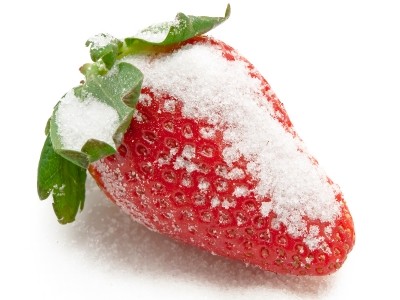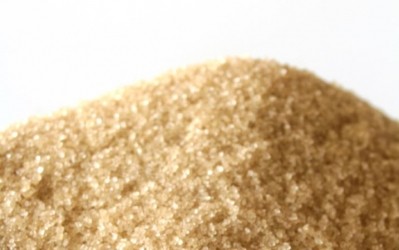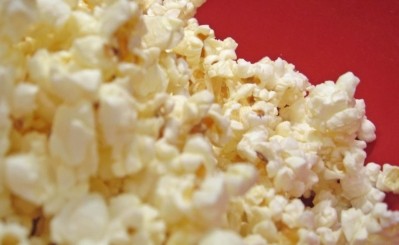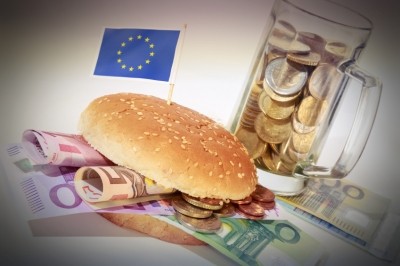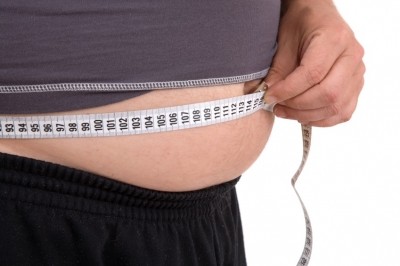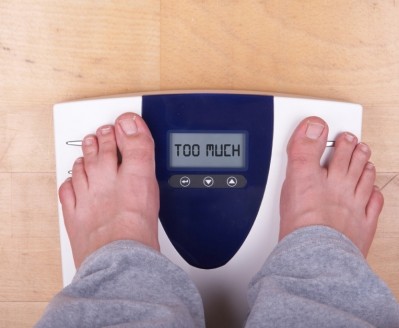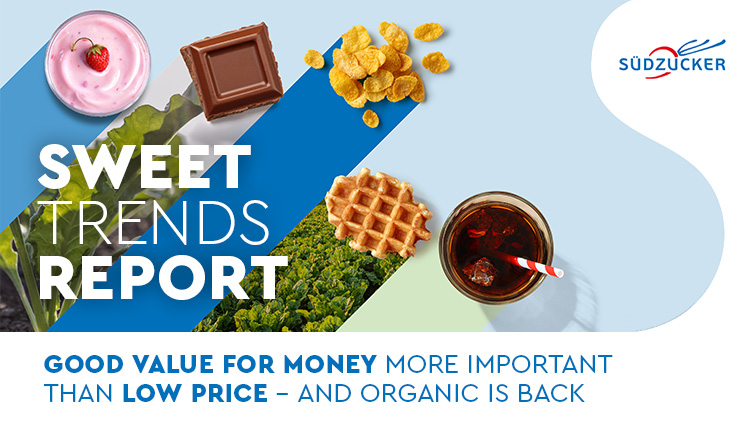Follow us
Product Innovations
Download Sweet Trends Report 2024 by Südzucker
For the fourth time, Südzucker has conducted a research study on consumer needs and purchase drivers in processed food & drinks, which will be another...
Your partner in plant-based meat alternatives
Harness our technical expertise and world-class portfolio of high-quality ingredients and formulations to create elevated, chef-driven, plant-based meat...
Oat Beta-glucan – Clean Label Texturizer
In today's health-conscious world, consumers seek transparent labels and natural ingredients.

